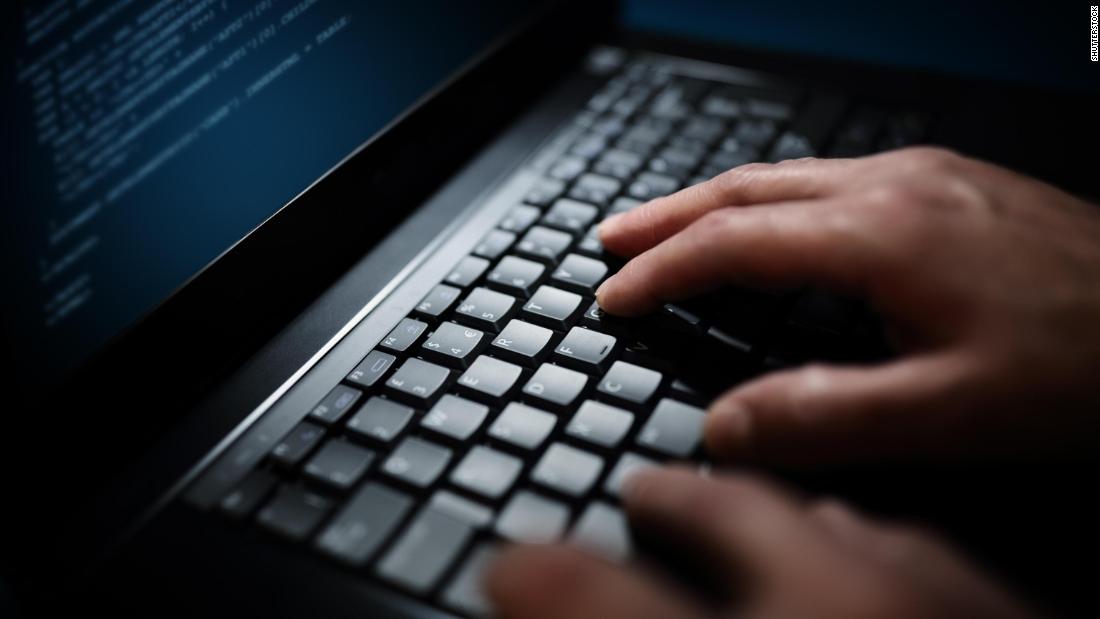
Ransomware took down the Colonial Pipeline. You could be at risk too
CNN
Ransomware attacks draw headlines when they take down major operations: hospitals, cities and most recently, a US fuel pipeline. Not only do cybercriminals scam businesses demanding large sums of money or they'll wreak havoc on their computer systems, this week's gas shortages showed how it can also have broader impacts.
But ransomware against individuals — specifically, anyone who uses the internet — can also be very damaging. Hackers can lock computers and threaten to delete or expose sensitive information and photos in exchange for money. The concept predates the widespread adoption of the internet. In the late 1980s, the inventor of ransomware attacked the attendees of the World Health Organization's international AIDS conference with infected floppy disks, asking for $189 to decrypt files on their computers. Nearly three decades later, the US Justice Department recently said 2020 was "the worst year to date for ransomware attacks." Security experts believe attacks against both corporations and individuals will only continue to grow because they're easy enough to execute and people are paying.
Los Angeles man dies in jail while awaiting trial for killing and dismemberment of wife, her parents
A Los Angeles man accused of killing and dismembering his wife, her mother and her stepfather has died in jail while awaiting trial, authorities said Monday.

A slew of Democratic-led states asked a federal court on Monday to lift the Trump administration’s freeze on nearly $7 billion in public education money, accusing the Department of Education of unlawfully locking up critical funds Congress set aside to help low-income and immigrant students, among others.





















 Run 3 Space | Play Space Running Game
Run 3 Space | Play Space Running Game Traffic Jam 3D | Online Racing Game
Traffic Jam 3D | Online Racing Game Duck Hunt | Play Old Classic Game
Duck Hunt | Play Old Classic Game









